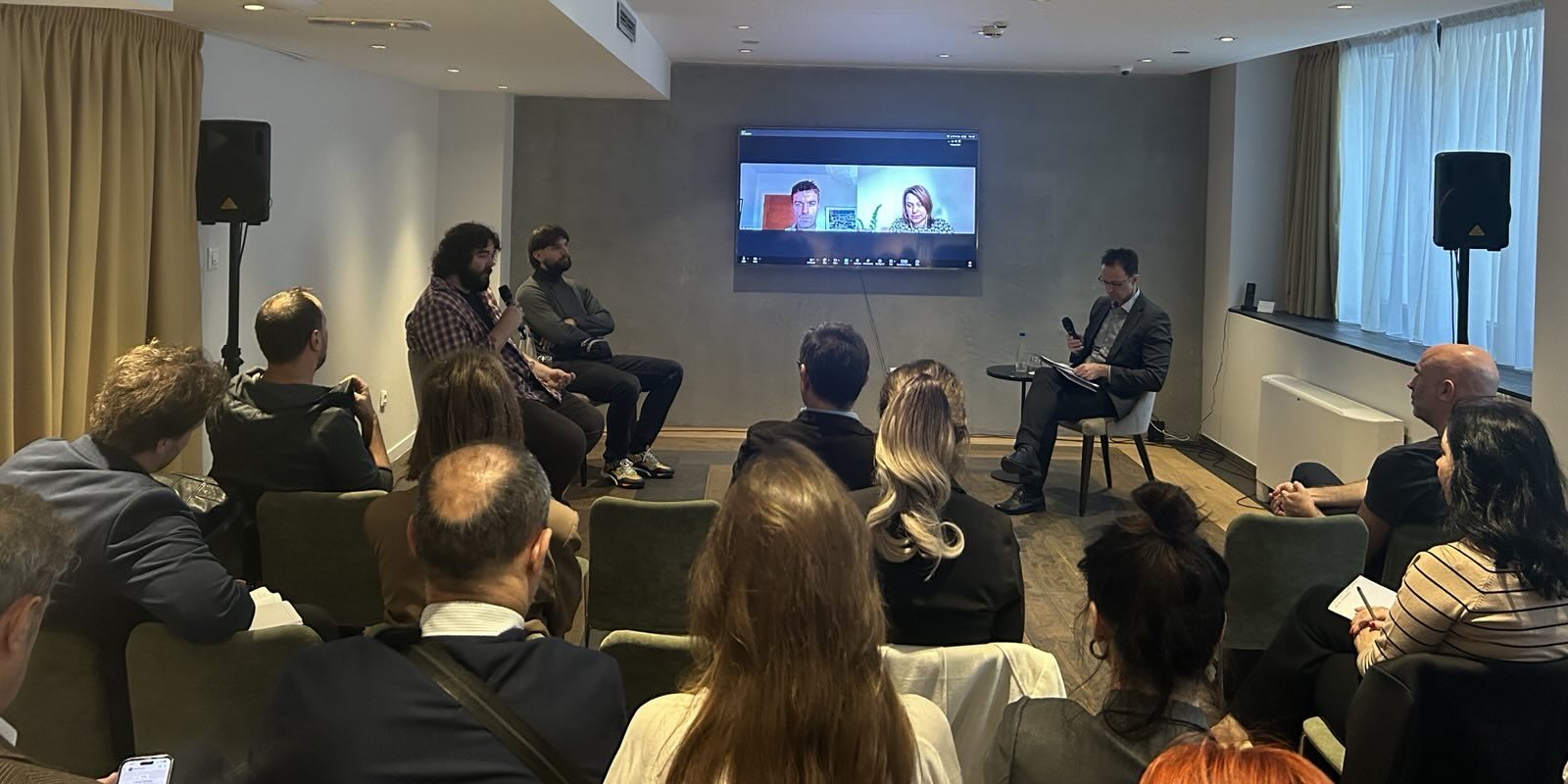SHARE
News:
Improving the management of migration
The seminar and training session on managing migration in the border regions and advocating for urgent changes to asylum policy and readmission included a large number of stakeholders and facilitated a discussion on finding better solutions for these challenges.
{image1}
The three-day seminar in Palić was attended by approximately 50 participants from more than 30 civil society organizations, including the UNHCR and the Commissariat for Refugees, as well as numerous representative of local institutions located in municipalities bordering Hungary and responsible for managing migration, asylum, and readmission.
In addition to lectures and workshops, the seminar’s organizers facilitated a dialogue between the participants and representatives of state agencies that are in direct contact with asylum seekers and returnees in the readmission process.
“The bad impression created by the absence of representatives from the Ministry of Interior was corrected by the very informative visit to the Horgoš border crossing. During the visit, the seminar’s participants, who are generally viewed by border police as having a repressive approach to the problem, learned more about illegal crossings and the steps taken after the irregular migrant – a potential asylum seeker – has been detained,” said Marko Savković, a researcher at BCSP, who with his colleagues from Group 484 and the Belgrade Center for Human Rights organized the seminar.
{image2}Funding remains the key problem
A panel of experts provided insight into the high level of complexity and the numerous factors that govern the relationship between irregular migrants and the local population. In addition, representatives of the Center for Social Work, the Red Cross, and local authorities from Kanjiža and Subotica discussed their experiences.
“The response by the system and the provision of help is still substantially based on the enthusiasm of individuals, which in an orderly country should not be the case,” emphasized Maria Biači, representative from the City Council of Subotica, during the discussion.
Specific attention was drawn to the term “fake asylum seeker” and the danger persistent use of this term presented to an entire group of people. The speakers also agreed that the biggest problem is financing projects that would improve migration policy and practice.
{image3}Networking of civil society organizations
Other activities of the seminar included a lecture by Ivana Julije, member of the Hungarian Helsinki Committee, discussing her many years of experience cooperating with the border police, and an interactive workshop, “Defining and placing posts”, held by Sonja Stojanović, Director of BCSP.
In addition to identifying the necessary changes to policy and practice in the field of asylum and readmission, as well as building capacity for advocacy, the training contributed to creating closer contacts between the various civil society actors.
“As someone who has been on the ground, we don’t often have the opportunity to hear about the experiences of people from organizations dealing with similar problems but in different ways,” said Dijana Gabrić, from the Subotica Red Cross.
Tags: ..., asylum, border, challenges, changes, discussion, facilitated, finding, included, large, management, managing, migration, policy, readmission, seminar, session, solutions, stakeholders, training
RELATED

Date: 04.11.2025.
Author: Belgrade Centre for Security Policy
At the panel discussion “Freedoms Under Pressure: Civil Society and Digital Oversight in Serbia and Abroad”, organised by the Belgrade Centre for Security Policy (BCSP) on 31 October in Belgrade, speakers warned that digital surveillance and spyware use are rapidly becoming tools of political control in Serbia and across Europe, posing severe risks to human rights and democracy.

Date: 18.09.2025.
Author: Belgrade Centre for Security Policy
The Civil Committee for the Protection of Human Rights Defenders and Whistleblowers calls on the competent Public Prosecutor’s Office to immediately act upon information about an alleged plot to assassinate student Pavle Cicvarić, as publicly stated on Informer television by Siniša Vučinić, a member of the Main Board of the Serbian Progressive Party.

Date: 30.06.2025.
Author: Belgrade Centre for Security Policy |
The Belgrade Centre for Security Policy (BCSP) strongly urges the Ministry of the Interior of the Republic of Serbia to immediately cease the excessive and unlawful use of force against peaceful demonstrators. Security forces must treat all citizens equally, act in accordance with the law and strictly follow service regulations during any intervention.


